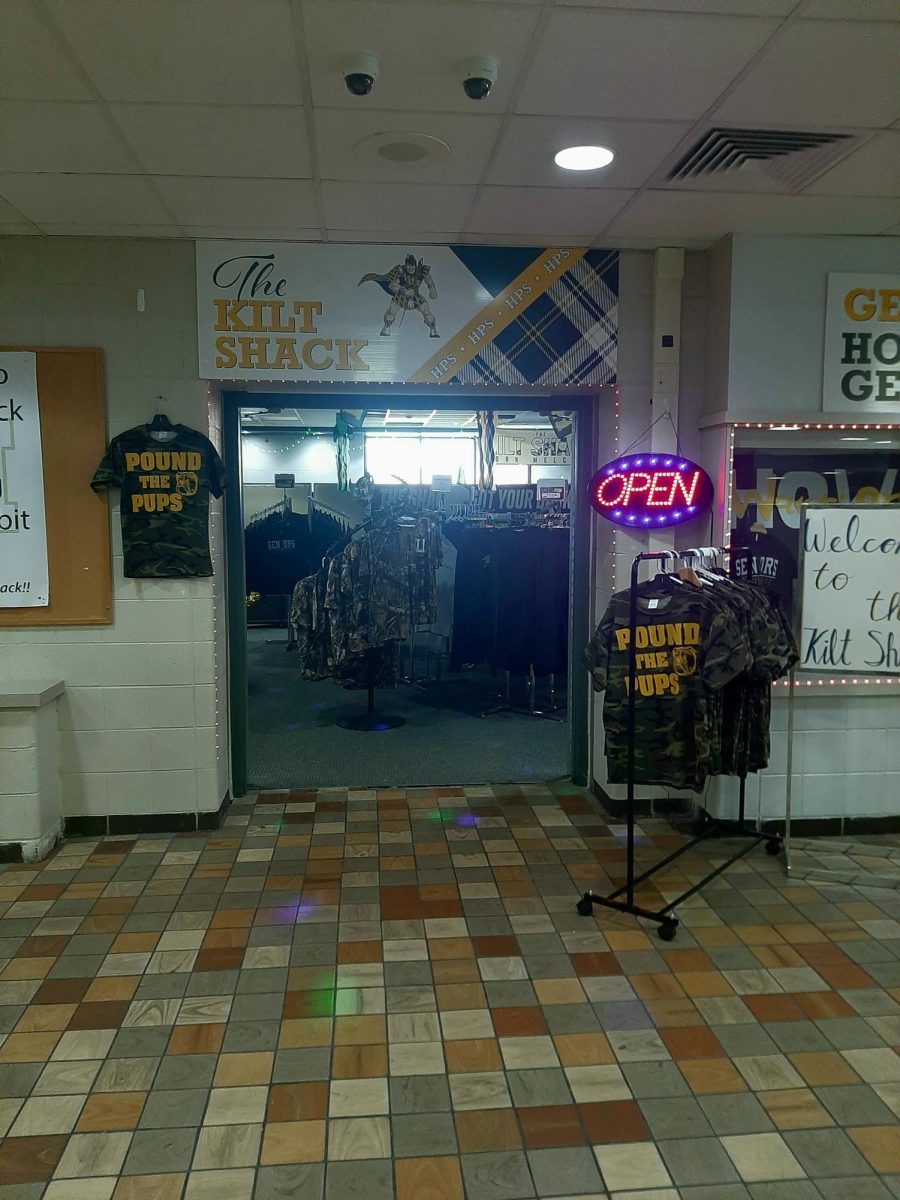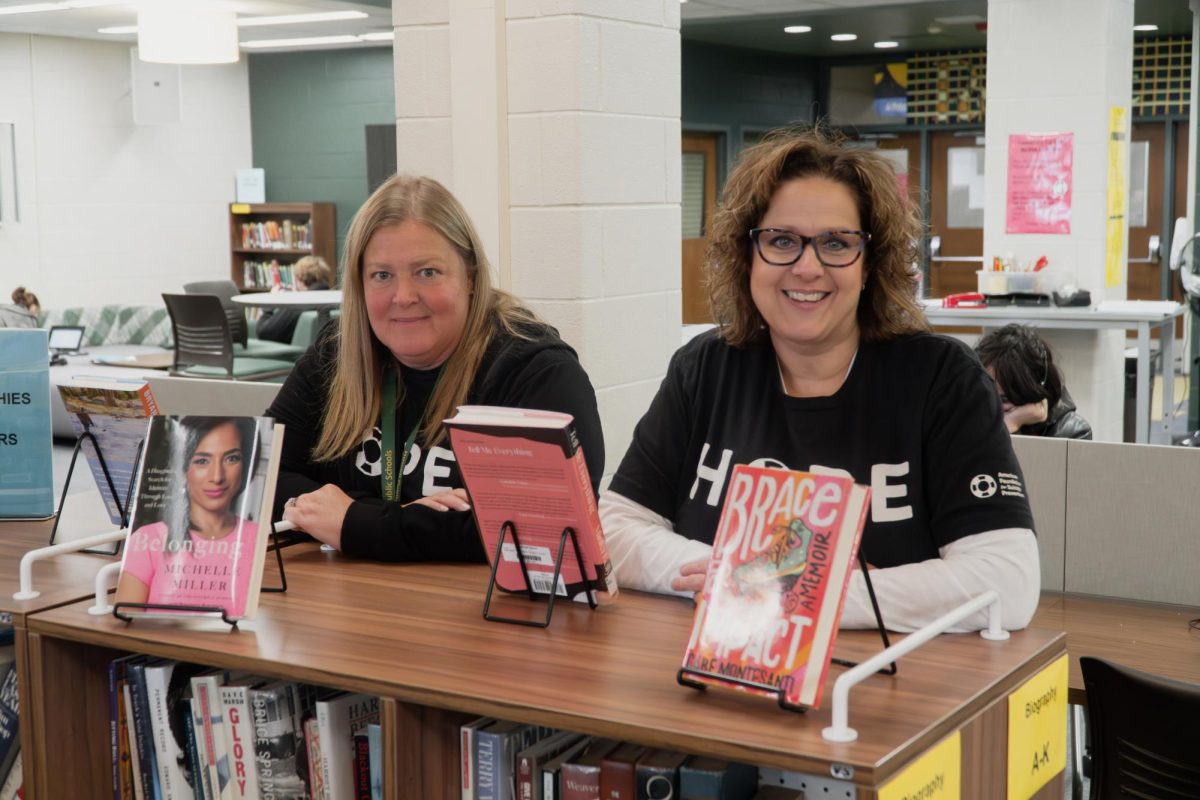 By Editor in Chief: Natalie Dunn
By Editor in Chief: Natalie Dunn
I was five years old on September 11, 2001. The only thing I remember about the day is that my mom sent me to my room, and I was sure I’d done something terribly wrong for her to be so upset that she wouldn’t even tell me why I had to go to my room.
In the weeks that followed, I specifically remember building a tower and a plane out of Lego’s, and reenacting the tragedy as it had been described to me: a bad man in an airplane crashed into a really big building, and it fell down. It seemed simple enough.
Today, I’m 17. I’ve seen the footage every September on every network station, and talked about it in school, and listened to the reporters talk about how the attack changed us forever. I know all of the answers to the teachers’ questions. It changed how airports manage security, and it changed how the United States deals with foreign relations.
I’ve even been to Ground Zero. Last spring, I stood where the towers stood and fell, and read the thousands of names on the walls around the fountains. It was sad, and a little eerie, but it was difficult to understand.
This morning, my AP English teacher set aside the class period to talk about 9-11. Instead of turning on CNN and re-watching the same clips that have been edited and cut, however, she showed us parts of the original news footage. We watched and listened as two newscasters and a woman in the street speculated about the accident.
They called it “the accident.” No one knew yet that this was a malicious terrorist attack. It was a horrific accident. Maybe the pilot had a heart attack. Maybe one of the engines failed. No one knew what to make of it.
Then, while the station’s helicopter hovered around the gaping hole in the side of the tower, and the woman was describing the sound that she heard as the plane struck, she suddenly cut herself off and yelled that there had just been a second explosion, and she had heard another plane outside her apartment window. As she was repeating herself hysterically, the second fireball came into view on the live video, which had been zoomed in too far to see the impact. The anchors and the witness were talking all at once, on national television, as they tried to grasp what had just happened. The network switched from one camera to the other and replayed the footage from the camera which had a wide angle lens and captured the second plane hitting the second tower.
Another clip showed the overall scene, about an hour after the second impact. The skyline was now missing one of its Twin Towers, and the city was in shock. As this anchor talked, the second tower began to fall, once again captured live on national television. Anyone who was watching the news – which was a good portion of the country by this point – saw as it crumbled into itself. One of the Twin Towers falling was an awful tragedy. Both falling, on the same day, within an hour of each other, was unthinkable.
All that the anchor – a man trained and employed to speak – could say was “Good Lord”. And then silence, as the smoke filled more and more of the screen.
Try to imagine not knowing about 9-11. Try to imagine not knowing that the second plane would hit at 9:03, only 17 minutes after the first. Try to imagine not understanding that this was an attack. Those who witnessed the first hit insisted that it was accident. No one could do this on purpose.
Today, on the 12th anniversary of one of America’s darkest days, I know that the planes were hijacked and flown by Muslim extremists. I know that over three thousand people died on September 11, 2001. But back then, nothing had ever happened like it before. It was new, and it was terrifying.
I’m not a political person, not even close. I won’t claim to know much of anything about the war in Afghanistan or Iraq, or the developing situation in Syria, and I don’t intend to try to make a political statement with what I learned today. My only goal is to bring a little more understanding to a day that everyone knows something about, and no one knows everything about. I feel that people my age, myself included, will be among the youngest to remember the day, and that growing age gap will make it harder and harder to teach a respect for what happened on September 11, 2001.
Hard as it may be, however, it’s something that has to be done. No matter a person’s party affiliation or political beliefs, each needs to be able to stay connected to this tragedy, as a way of growing from something horrible and creating a nation that can hopefully remain united in its support for the victims of such an event.








